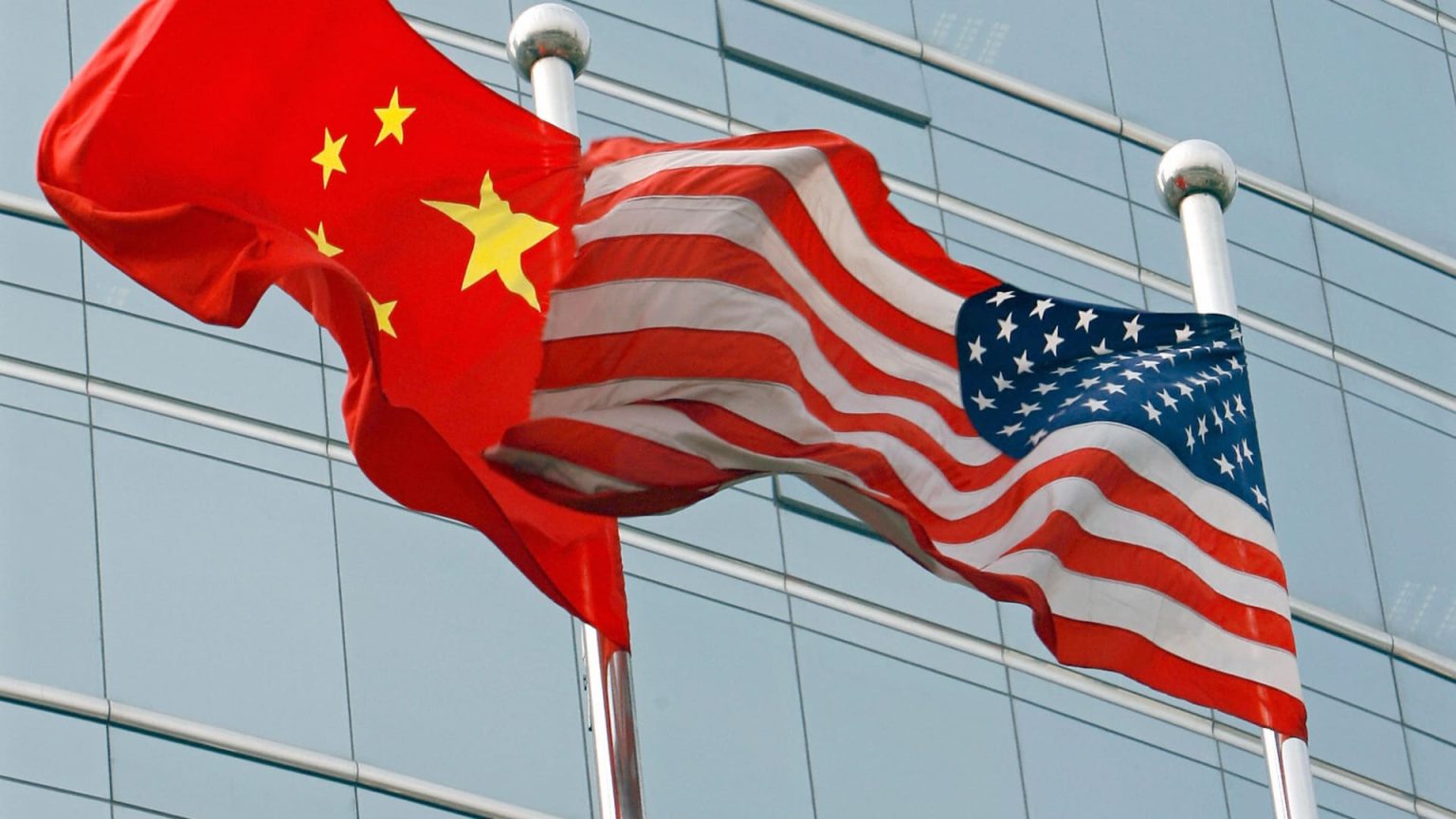China’s Ministry of Commerce strongly opposed the United States’ decision to add multiple Chinese entities to its export control list over Russia-related issues. The United States on Friday added 105 Russian and Chinese firms to a trade restriction list over their alleged support of the Russian military. Among the companies targeted were 42 Chinese, 63 Russian, and 18 from other countries, for reasons ranging from sending U.S. electronics to Russian military-related parties to producing drones for Russia to use in its invasion of Ukraine. U.S. suppliers must obtain difficult-to-obtain licenses to ship to companies on the “entity list.”
The Ministry of Commerce of China criticized the U.S. action, stating that it disrupts the international trade order and hinders normal economic exchanges. China emphasized that it would take necessary measures to safeguard the legitimate rights of its companies. This move by the U.S. adds further tension to the already strained relations between the two countries. The Chinese government expressed its strong opposition to the decision, viewing it as a violation of the principles of free trade and an unjustified interference in China’s economic activities.
The addition of Chinese entities to the export control list is part of a broader effort by the United States to target companies that are allegedly supporting the Russian military. The U.S. has been increasing pressure on both China and Russia in response to the conflict in Ukraine. This escalation of trade restrictions could have significant implications for international trade and the global economy. China’s Ministry of Commerce warned that the U.S. action could have far-reaching consequences and called for a resolution through dialogue and cooperation.
The impact of the trade restrictions on Chinese companies is significant, as they now face difficulties in obtaining licenses to export certain products to the United States. This could disrupt supply chains and affect the operations of Chinese businesses that rely on access to U.S. markets. The U.S. decision to target Chinese entities reflects the broader geopolitical tensions between the two countries and their conflicting interests in various international conflicts and economic disputes.
China’s response to the U.S. action highlights its commitment to protecting the interests of its companies and maintaining its position in the global economy. The Chinese government has consistently opposed what it perceives as unfair or unwarranted actions by the United States and other countries. The dispute over the export control list is just one example of the ongoing trade tensions between China and the U.S., which have been exacerbated by issues related to security, technology, and geopolitical considerations.
In conclusion, the addition of Chinese entities to the U.S. export control list represents a significant development in the ongoing trade dispute between the two countries. China’s strong opposition to the decision reflects its commitment to protecting its economic interests and maintaining its position as a major player in the global economy. The broader implications of this action on international trade and relations between the U.S., China, and Russia remain to be seen, but it is clear that tensions are escalating, and both sides are taking steps to assert their interests and influence on the world stage.













